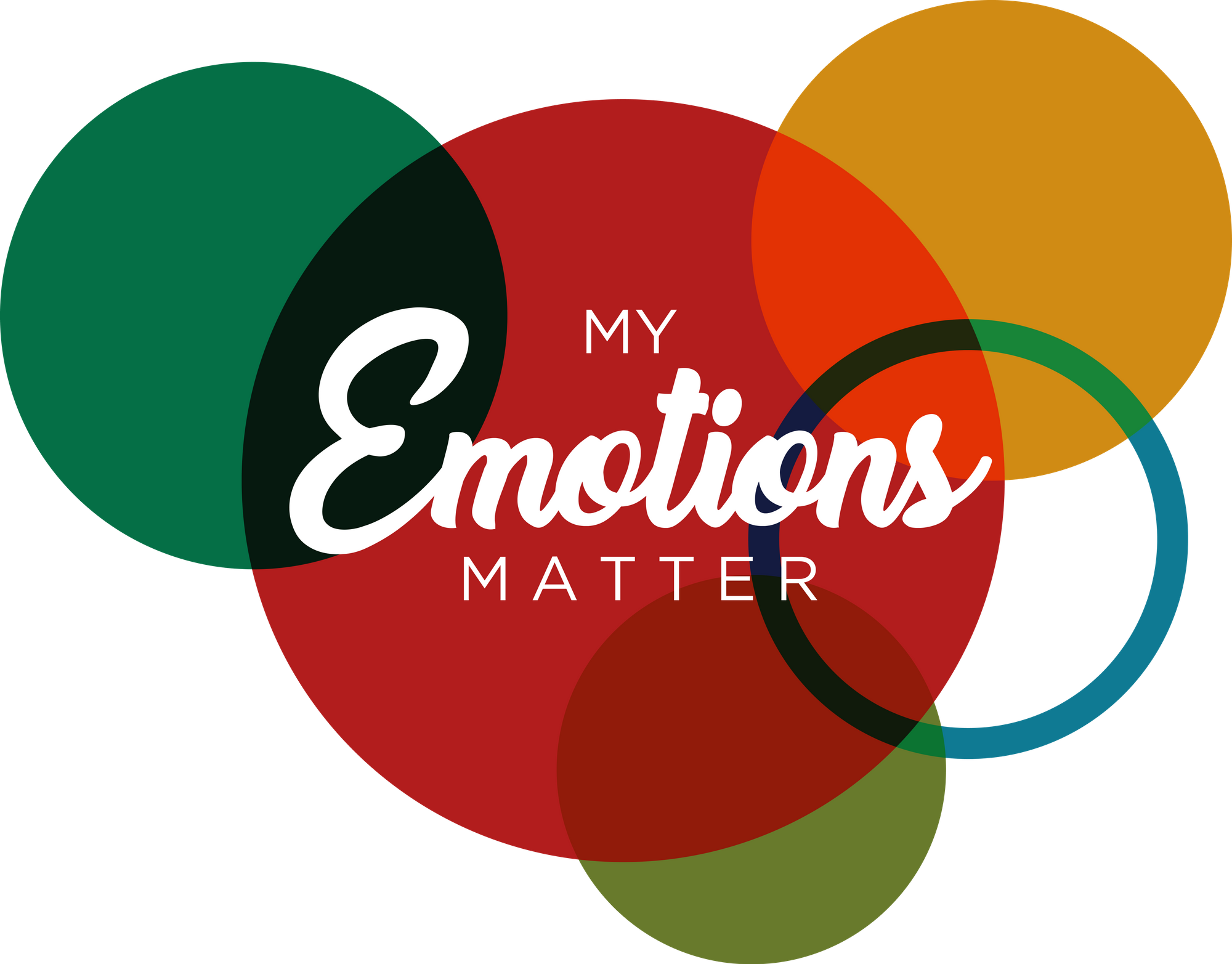What Gets in the Way of Creating a Positive Home Climate?
Every day during the lockdown, Niti would wake up with an intention to remain calm, be productive at work, and make the most out of her day. She would help shape different ideas at work. She would spend time with her family members, and initiate conversations with them to know what’s going on in their minds. She would also reach out to her friends and loved ones as and when possible.
While these helped her navigate the uncertainty of the pandemic, on some days, she would struggle to find the meaning and purpose of her life. She would long for the normalcy of life to return. She knew she wasn’t alone, but at times, she just couldn’t wrestle against the unrelenting tides of time. Even though she worked from home, she would sometimes go on to question the worth of her contribution. She would sit down to spend time with herself but her thoughts would not let her have a moment of peace.
Although her friends were just a call or a message away, she missed seeing them in person. She longed for whole-hearted conversations. In moments of despair, she would reach out to her family. Although she found solace and connectedness in them, she wasn’t spared from the occasional tensions and conflicts every now and then. It was possible at one point in time to walk away from the conflicts, but now she had nowhere to go. Whether in harmony or in discord, she had to stay put, stay in the same place.
Many of us are living the life of Niti right now, if not entirely, to an extent. We’re locked down inside our homes longer than ever with our families. Even as we’ve made a shift toward working and studying online, not every day is as smooth as we would wish. Different members of the family have different schedules to follow. There are chores to be done. And, if you’re a working parent, there are more challenges than ever—with having to manage work, house chores, taking care of family members, and helping children with their online classes as well. These aspects of staying home during the lockdown may create conflicts as never imagined before.
At my home itself, I have seen how big arguments have happened because of rather small things. Right now at my home almost everyone has online engagements of their own. My mother and I are working from home, my siblings are having their online classes, and my father is taking a few courses online to keep himself busy during this lockdown.
Now with everyone having their own schedules and deadlines to follow, our mealtimes keep fluctuating. During such times, people at my home develop the thought that it’s the responsibility of the other members of the family to make sure the meals are prepared and served at proper times. Even if my mom mostly manages to cook with our help and also manages her work, the occasional delay in lunch and dinner has sometimes caused strife at my home.
Although this example may seem simple, compounded over a period of time, it can lead to a chaotic environment at home. I believe things went sloppy at my home because in such situations everyone felt it was the responsibility of others at home to keep things going smoothly.
You may or may not connect with my situation but what I’ve seen and experienced in most of the inter-personal relationships is that we depend on the other person(s) to keep things running well. I’ve observed how this makes it easier for us to blame those people if and when things go wrong. It’s similar in the case of families. As humans, it’s natural for us to have expectations from the people we’re related to, but shouldn’t we be asking ourselves how we are contributing to our home climate – whether we’re making it better or worse? After all, we all have a part to play in everything we’re a part of.
Recently, I also had a conversation with a friend. He shared to me how it’s getting difficult for him to remain positive at his home. Even if tries to initiate conversations, it quickly shifts coronavirus death toll, the world affairs, what countries could have done better to cope with this situation etc. He thinks that although it’s good to have these conversations, his family should sit together and reflect about their thoughts and feelings to derive a sense of hope in this uncertainty. But, no matter how much he tries he can’t get his parents to speak their minds. Sometimes his parents shun him off saying things don’t need to be ‘serious’ when there’s already so much of uncertainty around. I could empathize and relate to my friend’s situation. At times, it’s not been easy for me to initiate conversations in my family either.
I feel we’re living in a paradoxical reality. We know so much about the world but the moment it comes to discussing about ourselves, most of us either hesitate or refrain from such discussions. We hesitate because we usually have limited self-knowledge to begin with. We refrain because we don’t want to get in touch with our negative emotions. We like to keep them at a great distance from us. As a society, we pay a huge price to remain positive—the price of emotional repression or avoidance. When this largely prominent practice manifests itself in families, the often repressed emotions occasionally come out as frustrations, complaints, and accusations. These are the red flags that we often encounter in family relationships.
There are further many factors that cause negative experiences in the home environment. Are we failing to listen to what our family members have to say? Many a time, we naturally make assumptions about what our family members are asking of us. Have we tried asking them what they really expect from us? Are we failing to understand the hopes, needs, and concerns of our family members? Our family members are humans, just the way we are. Have we tried bringing ourselves alive to what makes them the way they are? Are we setting realistic expectations from our family members? Even if our parents, children, or partner may not say it directly, sometimes they might feel pressured because of what we expect from them? Have we been asking too much?
Conflicts and discords are a part of any interpersonal relationships—whether we talk about the bond with our family, friends, colleagues, or our loved ones. The closer the bond, there will be more chances of conflicts because in our closest relationships, we’re the most vulnerable. While we can’t escape the negative influence we have on our family and vice versa, just like we can’t escape positive influence; we can at least resort to more constructive ways of approaching negative situations that occur within the family. Becoming aware of whether we are contributing to creating a better home climate or worse can be the first step.




